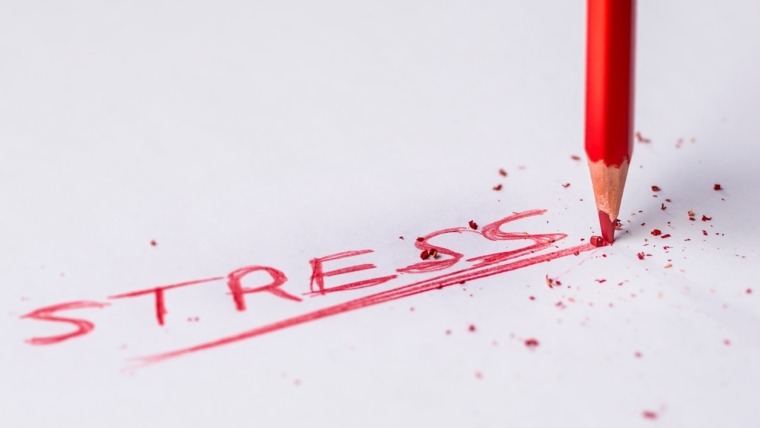Our natural instinct is to want to connect and engage with others. We want to feel close to our loved ones, especially our parents. When we feel good, we are able to freely engage with others. However, as stress builds up and our ability to cope with it diminishes, we begin to struggle to engage with others.
Our first instinct is to act out, to Fight or Flight when our stress becomes too much. We feel we still have the ability to control our situation and try to mitigate the stresses effect on us. This is symbolized by acting out behavior, fighting, yelling, name calling, etc. If this doesn’t work and the stress continues to build our body realizes it is powerless to do anything about it and it needs to conserve energy and pull inward to survive, this is our Faint response. Shutting down, blank stares, withdrawal, etc. are behaviors that signal we feel we are powerless to do anything about the stress we are currently under.
If parents can understand this concept, that stress causes the behaviors they do not like, then it allows them to act proactively and remove stressors if they sense the child is getting overwhelmed or may get overwhelmed in the near future. This is so key. If you know your child is going to get stressed by a situation you can do something about it well beforehand, you can completely steer clear of it or do things to mitigate the stress. How many times have our children acted out when we knew, or should have known, it was going to happen? Probably a lot. A little planning and for thought can prevent or mitigate these acting out behaviors.
A perfect example is time in the sun. The sun’s rays cause stress to our bodies, we adapt by the melanin in our skin darkening as we are exposed to the rays. But eventually too much sun overwhelms our defense mechanisms, and we burn. We all know when we see a sunburn the person was in the sun too long and did not have enough sunscreen on. Parents work to prevent this stress overload by proactively putting sunscreen on their kids bodies and reducing the amount of time they are exposed to the sun; we proactively work to head off or mitigate our child’s body being overwhelmed by this stressful event. We can see it coming and do something about it before it happens.
We can take this approach with any stressful event. And just as we explain to our kids why we are putting suntan lotion on and that it needs to be reapplied, we can also explain to them why we are taking steps in other situations. We also tell our kids to let us know if they think they are getting burned so we can help before it gets bad. We can do the same thing in other situations and have our kids tell us if they feel they are beginning to get stressed out.
No parent would blame their child for getting a sunburn. We all understand it’s the bodies response to too much sun. The child has no control over their skin turning red if it was subject to too much sun. So, why would we blame them for other responses to too much stress? It doesn’t make sense, right? Let’s understand what the real problem is, too much stress, and focus on mitigating the stress the child is under and giving them tools to cope with the stress before it occurs.






